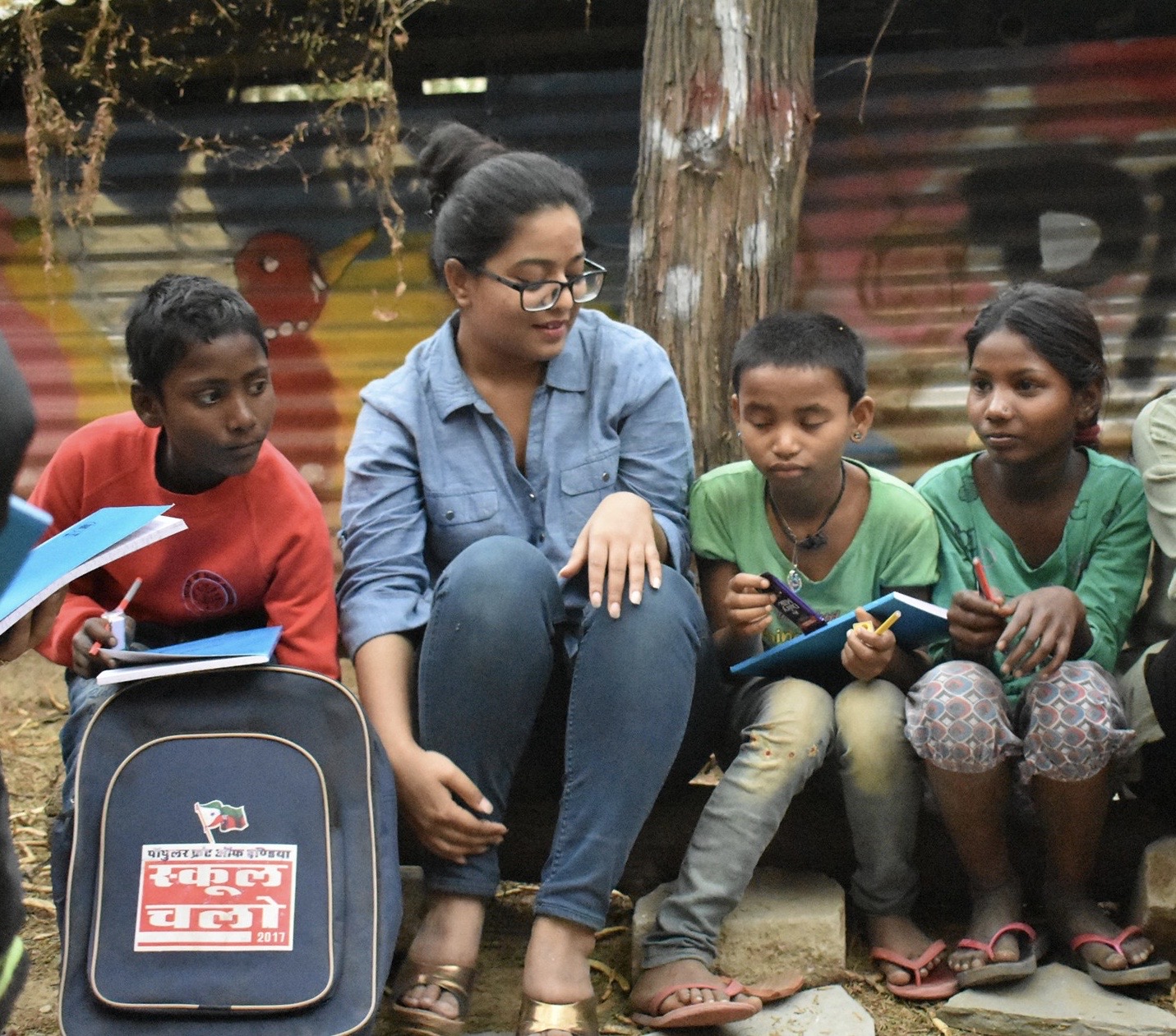Updated: Jul 31, 2020
New Delhi: After 70 days in police custody, during which she was denied bail three times by trial courts, a 27-year-old student in the 23rd week of her pregnancy was released by the Delhi High Court on 23 June 2020.
Safoora Zargar, an Masters of Philosophy student at the Jamia Millia Islamia University and a participant in protests against a new citizenship law, faces 26 criminal charges, including four sections of the Unlawful Activities (Prevention) Act, 1967, a law described in this April 2020 Article 14 analysis as “nothing short of a legislative carte blanche to state-sponsored violations of fundamental rights”.
“After analysing all the material available with them, the prosecution at best was in a position to say that there was a conspiracy for chakka jaam (literally, jammed wheels, or roadblock),” Trideep Pais, one of Zargar’s lawyers told Article 14 after the bail order was pronounced by justice Rajeev Shakhdher.
“There is not a single recorded speech of hers in northeast Delhi, and there is no evidence to prove that any of her speeches led to violence,” said Pais. “Today, the State said that it had no problem with her being released on bail. What was the problem before this?”
Solicitor general Tushar Mehtar, representing the Delhi police, said in court that the State had no objection if Zargar was released on bail on “humanitarian grounds”. He added that the “merit of the case” had not yet been discussed and the release “should not be considered a precedent”.
Why State Did Not Oppose Bail This Time
Legal experts said the state did not oppose bail because it would weaken their case, which accuses Zargar of, among other things, murder, terrorism and rioting.
“By doing (not opposing bail) so, there are two issues that the court has not had to rule on, which might have been useful and important from a legal perspective,” said Mrinal Satish, professor of law at the National Law University, Delhi.
“The first is whether Zargar was entitled to bail under the UAPA. For this purpose, the court would have had to go into whether prima facie the accusations are made out or not,” said Satish. “If the court had granted bail based on this, it may have significantly weakened the case against Zargar, which may have hampered the prosecution in the trial going forward or even in the charging stage.”
Satish said the second question was whether pregnancy was a ground for releasing her on bail. Delhi Police had contended that 39 births have taken place in Tihar jail in the last decade and that Zargar had adequate medical care in jail.
“There are UN standards like the Nelson Mandela Rules and the Bangkok Rules, which require states to not incarcerate pregnant women except in exceptional circumstances,” said Satish. “The Supreme Court of India, in RD Upadhyay vs State of AP (2006) also issued guidelines about incarceration of pregnant women, and requires that as far as possible childbirth should not take place in prison. So, the state would have had to justify why this was such an exceptional circumstance so as to warrant her continued incarceration.”
Police Will Continue Investigating ‘Larger Conspiracy’
Zargar’s bail is subject to a few conditions, according to the High Court order. She should not “indulge in activities she is being investigated for”; she cannot leave Delhi without the court’s permission and should speak with the investigating officer over the phone once in 15 days.
At least 10 students and activists have been arrested by the Delhi police, alleging “a conspiracy” around the protests against the Citizenship (Amendment) Act (CAA), 2019.
On 22 June, the Delhi police, which reports to the union government, filed a 55-page status report before Justice Rajeev Shakhder of the Delhi High Court, opposing Zargar’s bail plea, accusing her and 13 other accused of having “weaved (sic) a web of actions animated by unlawful object of creating terror and disaffection”.
Their aim, the report said, was to “destroy, destabilise and disintegrate the government of India in order to compel to withdraw” the CAA and the National Register for Citizens (NRC).
Zargar’s lawyers moved the Delhi High Court after an additional sessions judge, at the city’s Patiala House courts, rejected her third bail application on 4 June. Article 14 editorial board member Gautam Bhatia described the bail order as “imprisonment by metaphor”.
The matter first came for hearing in the High Court on 18 June when Justice Shakhder asked Delhi police to file a status report.
Zargar’s situation attracted wide national and international interest and the demand for her release because of her health and the apparent lack of evidence. Earlier in June, the American Bar Association appealed for her immediate release.

Family, Friends Are Relieved
“I can’t really think of anything. I need time to process this,” Saboor Sirwal, Zargar’s husband, told Article 14, moments after the Delhi High Court granted bail to his wife. “I am thankful to the almighty.” “Justice has been served.” tweeted Zargar’s younger sister Sameeya. “Total focus on her health now. Hoping and requesting privacy from media (sic) to my family in this time.”
Zargar is a member of the Jamia Coordination Committee, a group of current and former Jamia students involved in organising protests against the CAA and NRC.
“This is great news. This was much needed,” Kulwinder Kaur, Zargar’s MPhil supervisor at Jamia, told Article 14. “She can now focus on her studies and health.”
(Danish Raza is an independent journalist based in New Delhi. His work has been published at Hindustan Times, The Atlantic, Star Tribune and Firstpost. He writes on social justice, culture and the intersection of society and technology.)

